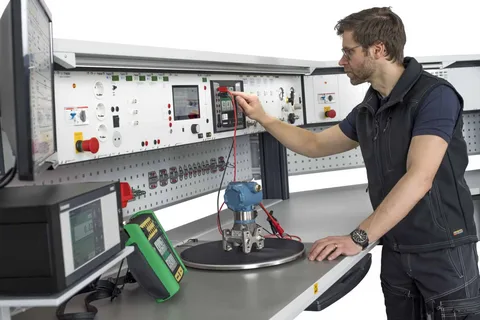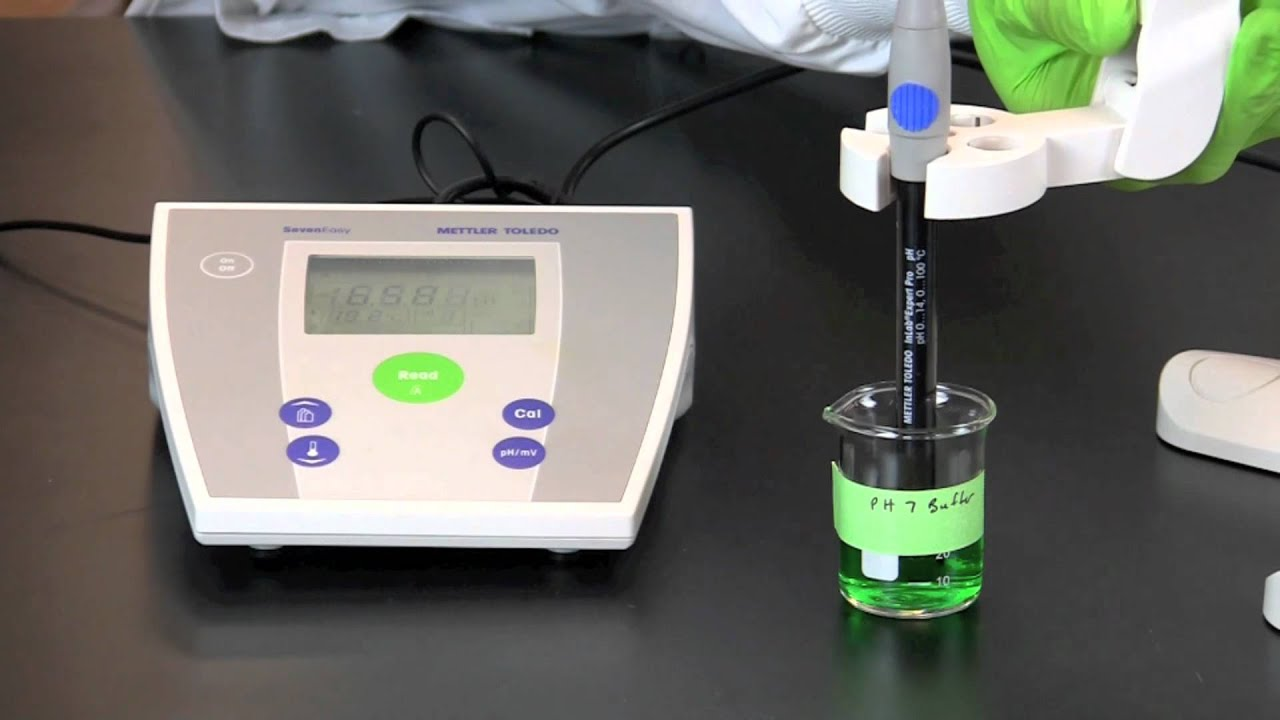It is important to understand that pH calibration solution is essential for your business and will help you with determining the right calibration solution.
Why do we need a pH calibration solution?
pH is a measure of the acidity or alkalinity of a solution, and it’s measured on a scale from 1-14. The lower the number, the more acidic; the higher it is, the more alkaline. A pH level of seven (7) means that there are equal amounts of hydrogen ions (H+) and hydroxide ions (OH-). This makes water neutral–it has no effect on your body when you consume it.
How to choose the right pH calibration solution?
In order to choose the right Ph Calibration Solution for your business, you must first determine the range of your product’s pH. This can be done by testing samples or using information from technical specifications.
Next, you should consider how much variation there will be in temperature and concentration over time. If there is a lot of variation (for example, if it’s an industrial process), then this would mean that you need a more stable solution than if there was less variation (for example, in food production). Finally, determine what accuracy level is required by law or regulation; this may require additional testing on a regular basis depending on how strict those regulations are–so choose wisely!
Determining the Right Calibration Solution for Your Business
Now that you know what to look for, it’s time to determine which calibration solution is right for your business. The first thing to consider is the pH of your water source. If it’s high, then you’ll need a low-pH solution; if it’s low, then a high-pH solution will work best. Next comes process water–what does the pH of this liquid look like? Is it somewhere between 5 and 7? If so, then an accurate measurement should be achievable with either type of calibration solution (though if it’s closer to 4 or 8 than 5 or 7, consider using extra care).

Next up: product quality! What kinds of products are being produced at this facility? Are they acidic or basic in nature? If they’re acidic (with a pH below 7), then an accurate measurement will still be possible using either kind of calibration solution; however, if these products have more basic properties (above 7), then only one type will do: either high-end or low-.Finally, there are regulatory requirements–are there any laws governing how often measurements must be taken or what kind of accuracy must be achieved by those measurements? These regulations may require specific equipment requirements such as thermometers designed specifically not just to measure temperature accurately but also to withstand harsh environments.
Conclusion
The right pH calibration solution can help you maintain the accuracy of your test results, which is critical for the proper operation of your process. If you’re not sure what type of calibration solution is right for your business or how to choose one, then contact an expert now!

